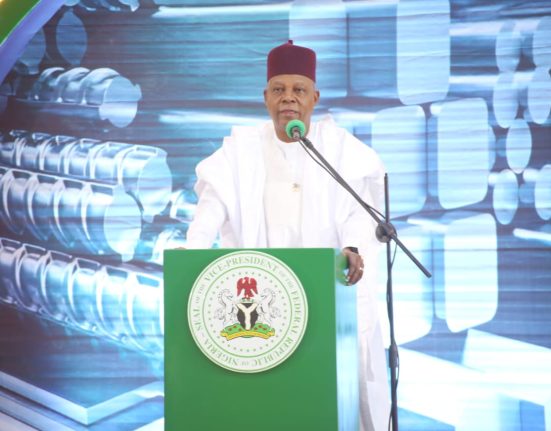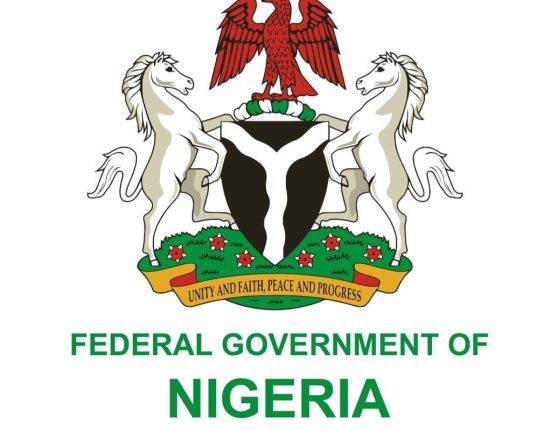The Federal Government has officially launched the Dual Mandate Policy, which will enable all Federal Colleges of Education (FCOEs) in Nigeria to award both the Nigeria Certificate in Education (NCE) and Bachelor’s Degrees in Education. The groundbreaking policy is part of a broader initiative to reform teacher education in the country and is expected to significantly improve the quality of education and broaden access to tertiary qualifications for educators.
The announcement was made on May 1, 2025, by the Honourable Minister of Education, Dr. Maruf Tunji Alausa, in Abuja. According to Dr. Alausa, the implementation of the Dual Mandate Policy marks a revolutionary step in teacher preparation across Nigeria. He emphasized that it would not only empower Federal Colleges of Education but also contribute to addressing critical issues such as declining enrolment rates in colleges of education and the limited ability of these institutions to award university-level degrees.
“This initiative is set to enhance the quality of classroom instruction by ensuring that teachers are better equipped with both NCE and Bachelor’s degrees, making them more competitive and well-rounded,” Dr. Alausa said, outlining the potential benefits for the nation’s education system.
The policy is designed to allow Federal Colleges of Education that meet the necessary standards set by the National Universities Commission (NUC) to award bachelor’s degrees independently, without requiring affiliations with universities. This marks a historic shift for FCOEs, which have traditionally only been able to offer NCE programs.
The Dual Mandate Policy is seen as a solution to several long-standing challenges facing the education sector, including the need for a more diversified teacher training system and the demand for more highly skilled educators. By empowering these institutions to grant both certificates, the Federal Government hopes to bolster the professional status of teachers and improve the overall educational outcomes in the country.
To ensure smooth implementation, the Ministry of Education is working closely with key stakeholders, including the National Universities Commission (NUC), the National Commission for Colleges of Education (NCCE), and the Joint Admissions and Matriculation Board (JAMB). Universities and colleges are being supported through curriculum restructuring, staff development, and necessary administrative changes to align with the new guidelines.
The policy will be fully implemented in the 2025/2026 academic session, with Federal Colleges of Education expected to start awarding dual qualifications by September 2025. Education experts believe that the move will not only improve teacher training but also enhance the job market competitiveness of FCOE graduates.
The policy has already received praise from stakeholders who see it as a key step in addressing the growing demand for better-trained teachers in Nigeria’s classrooms. With this reform, the Federal Government aims to set a new standard in education, ensuring that every Nigerian teacher is well-prepared to contribute to the nation’s educational development.







